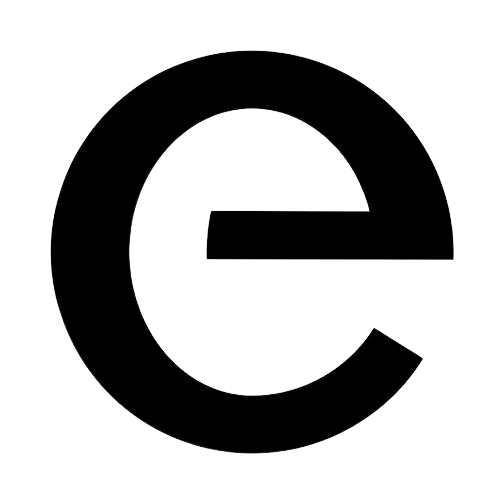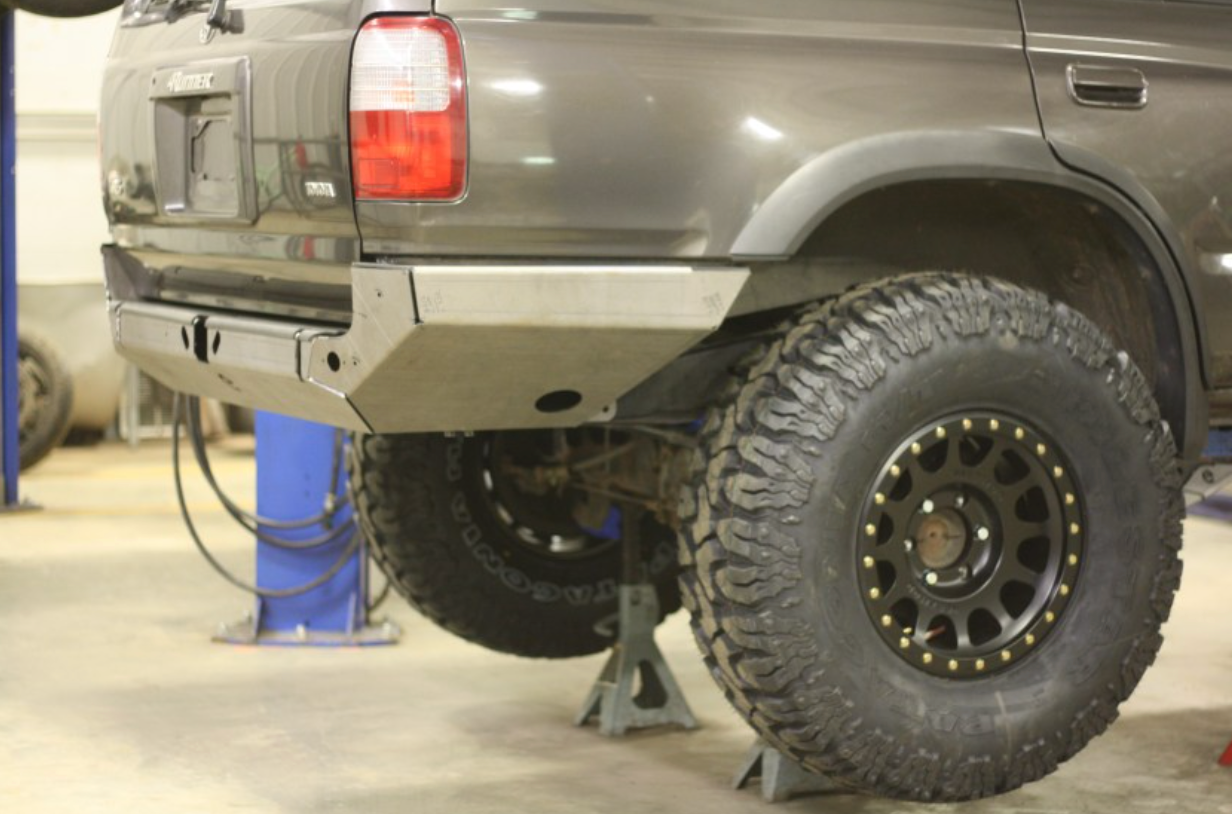
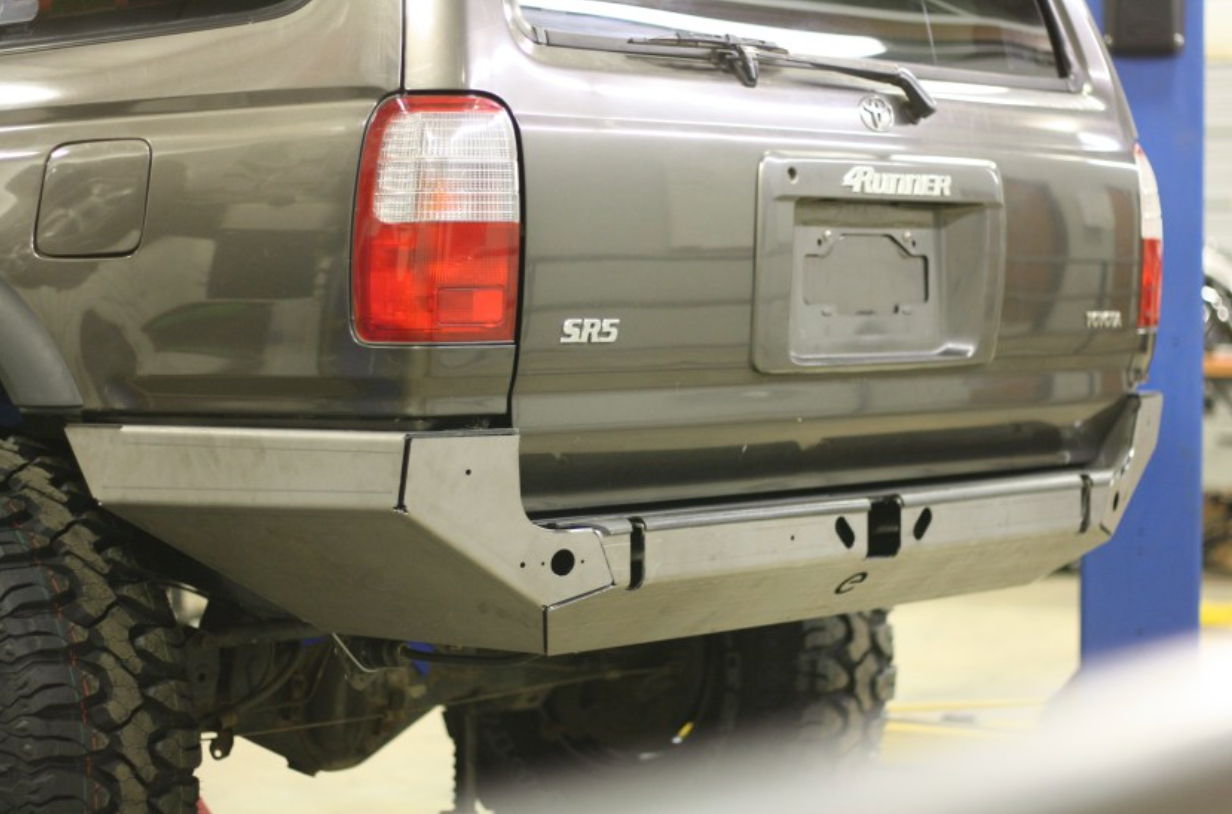
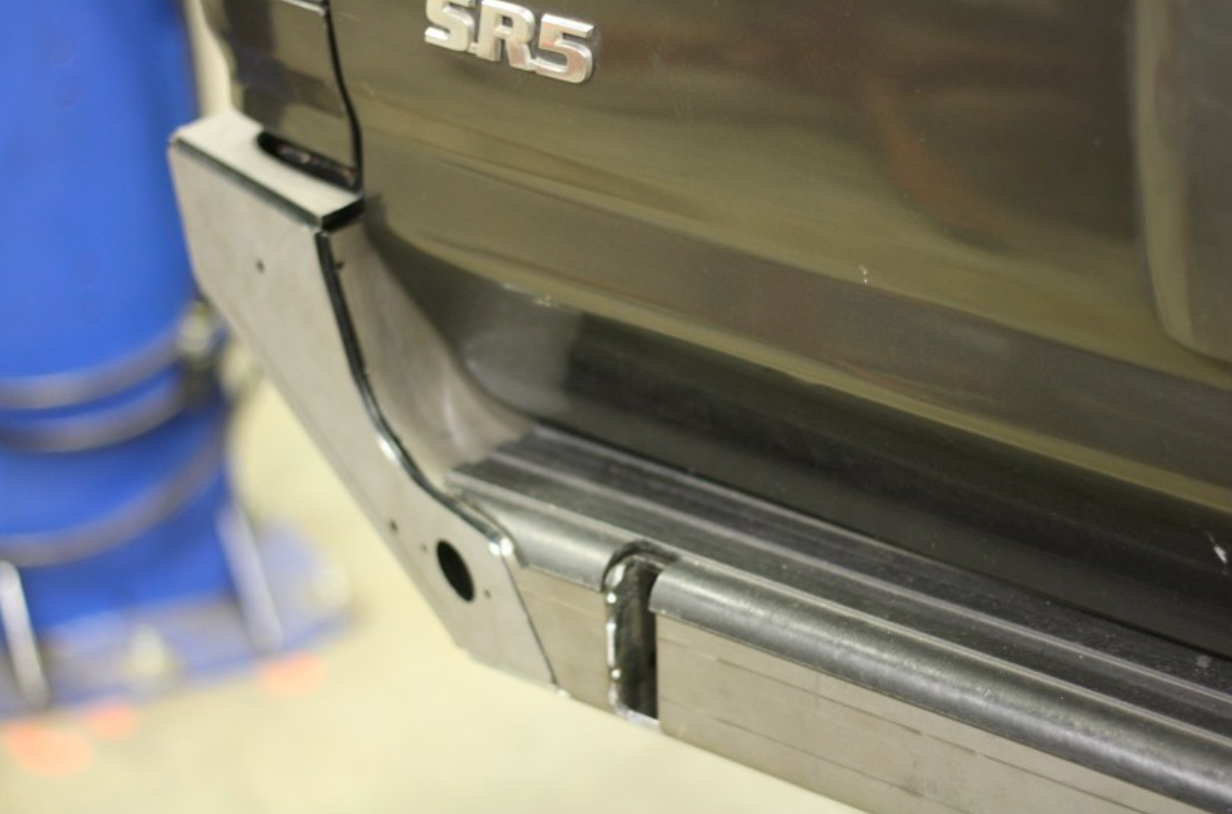
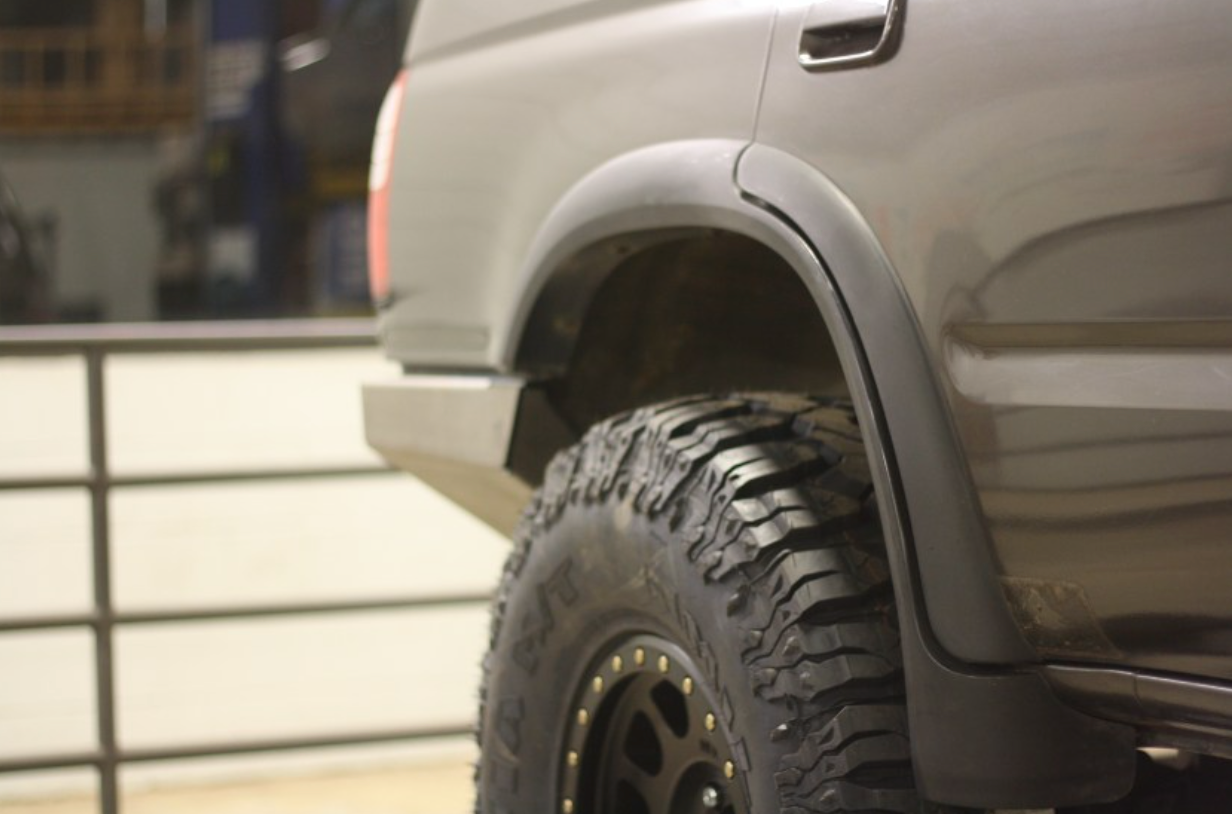
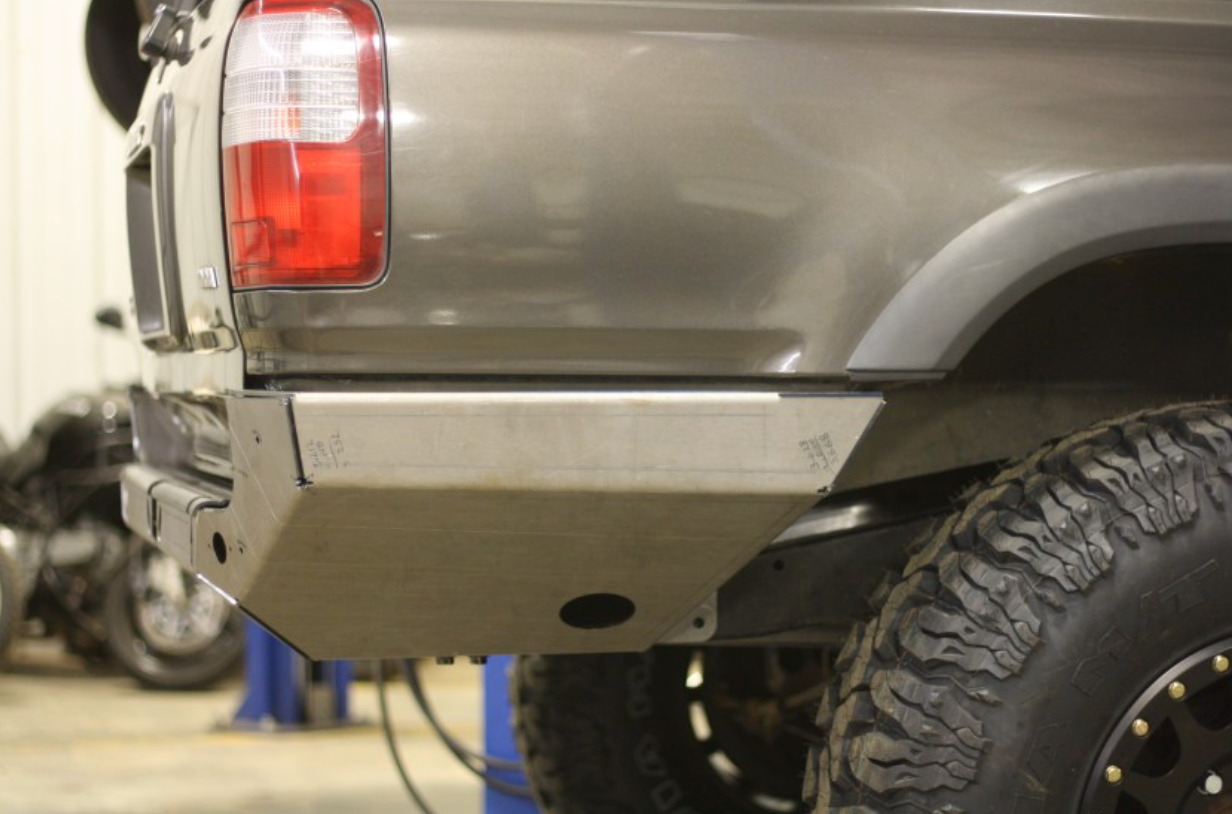
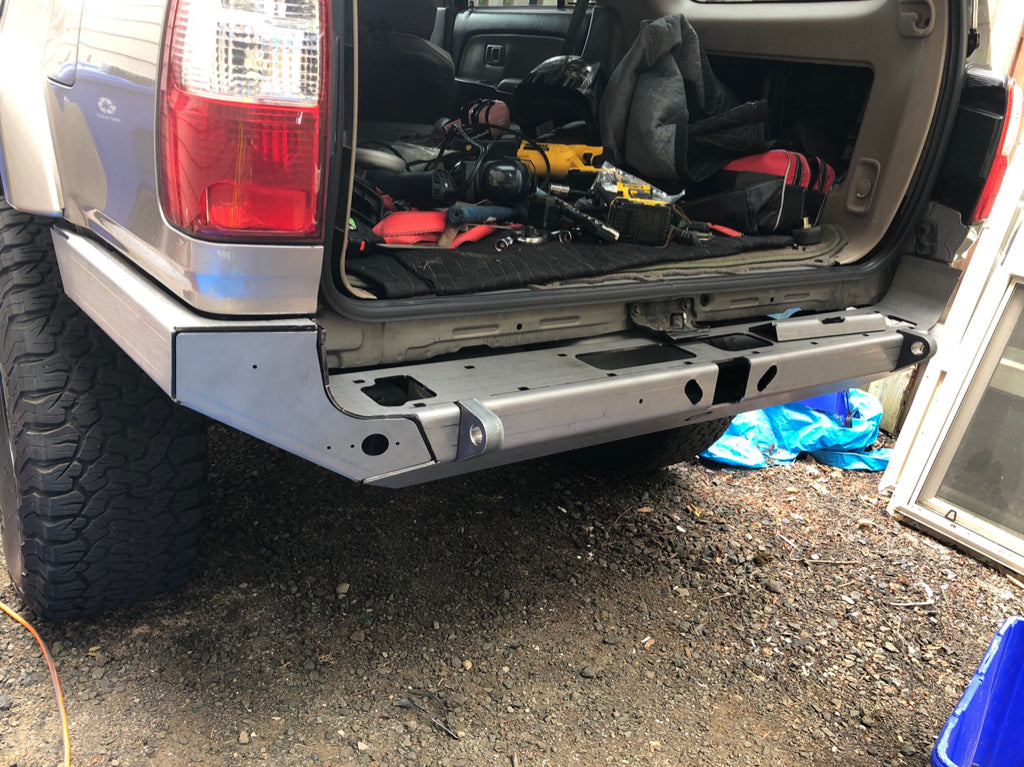
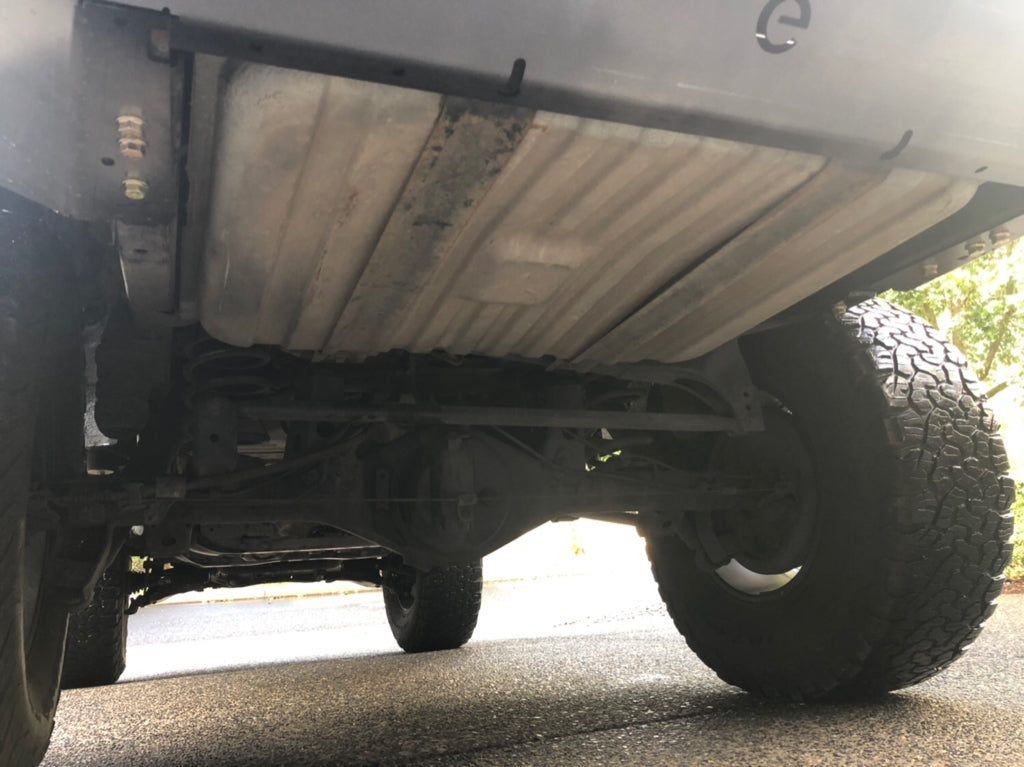
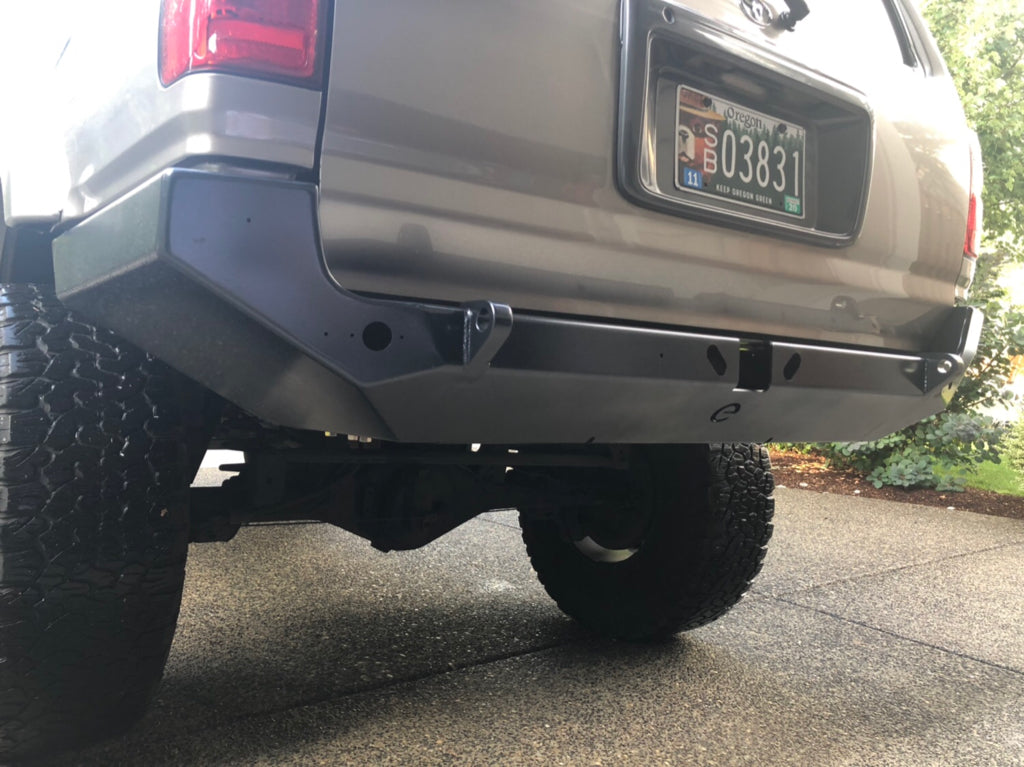
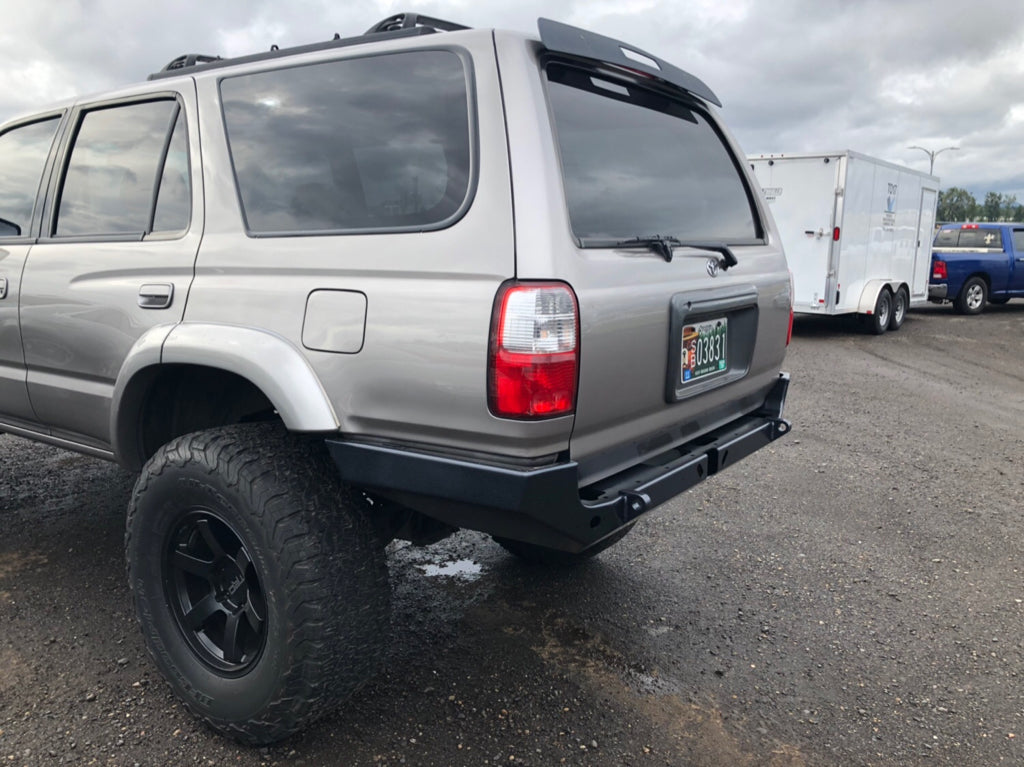
1996-2002 3rd Gen 4Runner High Clearance Rear Bumper (HCB) - DIY Kit
This product has a 3-4 week lead time.
If you want a great-looking, radically high-clearance, crawling-inspired bumper with clearance for 35s for your 3rd gen 4Runner, we've got you covered.
We've have been designing & prototyping this bumper for over 2 years now (- this is version 13!)
It came about as a problem-solving after designing our F150 fuel tank conversion brackets for the 3rd gen 4Runner to relocate the tank to the spare tire position. Our weld-in rear crossmember ties the open frame rails together for strength, but as a result, typical aftermarket bumpers would not mount directly, and a new bumper solution was needed. Accordingly, our HCB bumper requires the rear crossmember for its primary mounts but gives you the option of using the F150 tank in the rear or retaining your stock tank in its original location – whichever you prefer.
From the beginning, we designed the bumper to use the factory running board plastic step cover from the early 3rd gen 4Runner (the one with Toyota embossed on it). We knew the receiver pin access needed to be from the top side and the receiver had to be completely encased in the rear face of the bumper to maximize departure angle, so the plastic step cover was a natural solution to capping off the top of the step. It also cleans up the inelegant gap between the bumper and the hatch that exists with most aftermarket bumpers. The plastic step cover, then, determined the length of the bumper from the hatch opening, and the receiver itself determined the height of the rear face.
By basing our design around a 1″ body lift, we’ve been able to do just that and achieve the rear departure angle that we were after.
With our background being what it is, we did our best to angle the planes on the corners under the taillights in such a way as to carry the arc from the hatch (side view) into the bumper, so that it wouldn’t have a “block under the back of the truck” look. Aesthetics aside, these angled faces present a terrific opportunity for positioning auxiliary reverse/scene lighting, so we've included mounting holes for rear-mounting the Rigid Industries IGNITE back up light kit (20641).
We have tapered the front of the bumper to just wider than the body itself to keep it narrow for tight trail work, to avoid interference with obstacles. This makes it narrower than the stock SR5 flares and mirrors the cut-off flare look in the front when the running boards are removed.
We've cut the forward edges of the bumper back and angled them appropriately to allow you fully stuff a 315 up to the short factory bump stops. Due to this, installing the bumper requires trimming back the pinch weld on both sides.
The recovery points are machined from 1-inch thick A36 steel, with radiused holes for use with soft-shackles. They’re custom-made for this bumper to maintain the rear departure angle and maximize clearance, as well as carry the loaded weight of swing-out accessories.
And since this design was originally intended for maximum ground clearance, we have put a hole in the right side for the exhaust to be run over the frame and behind (not under) the bumper.
What you get:
The bumpers are made up of 3 major pre-formed pieces, 2 recovery points, and 5 smaller brackets that are assembled and welded on the truck for ease of fitment. In fact, the bumper shown in these photos has simply been bolted to the frame, no welding has occurred – as you can see, it’s more or less self-aligning prior to welding.
I’m also including a pair of nut-straps and all hardware needed for installation.
If you don’t already have the rear cross member from my fuel tank relocation bracket kit, you’ll need to add one to your order.
What you need to provide:
To install the receiver, you’ll need to provide a ~40.5″ length of 2×2″ tubing (welds in between the supplied bumper mounts) and the receiver itself. The bumper was modeled with the Buyers Products RT25806 Receiver Tube which can be purchased from etrailers.com. It will need to be trimmed to fit above the 2×2 tube and lengthwise under the bumper step.
You’ll also need to provide the early OEM running board cover for the top of the step (this covers the access holes and finishes off the top of the bumper – I’ll give measurements for how to trim it to fit) and the aux reverse lights (if you choose to run them)
Important notes:
- THIS IS A DIY (DO IT YOURSELF) BUMPER. Comes as individual pieces, designed for the customer to weld and assemble.
- The bumper requires the rear cross member from my fuel tank relocation bracket kit as its basis, so if you don’t have one of my kits you’ll need to add a cross member to the order.
- You will need to cut out the pinch weld in the rear of the wheel well on each side. The bumper is designed to provide full articulation with 35″ tires.
- We strongly advise the use of poly body bushings on the rear body mounts at a minimum to minimize flex & potential body contact when wheeling.
Q & A:
Body Mounts
Q – You recommend running Sonoran Steel’s upgraded body mounts to avoid bumper flex into the body?
A – At a minimum, yes. However, I redid did all of the body mounts on my 4Runner (energy suspension), because the front will have the same issues with flex. IMO everyone should go to poly mounts if they’re going to run any aftermarket bumper on a 3rd gen 4Runner. (plenty of threads on this – too much chance of body damage with factory mounts). If you use Energy Suspension Poly Body Mounts, make sure to measure your stack height (height of mount and body lift puck combined) of the rear mounts to ensure that it totals 2.25-2.5″
Receiver
Q – Does your bumper design have a receiver built-in?
Q – Is the only additional piece needed for it to hitch compatible the receiver, or is there additional support that will need to be added?
A – The bumper has provisions for a Buyers Products RT25806 receiver, but as it isn’t a component that I make myself, it will not be included in the bumper purchase to keep the overall cost & shipping reasonable. Similarly, you’ll need to provide a piece of 2×2″ tubing to span the 1020mm between the bumper mounts for the receiver to mount to.
Assembly
Q – I probably missed it, but will the bumpers be pre-bent just requiring welding?
Q – Will It come pre-welded or have the option to order the panels and weld it yourself?
A – The bumper components are pre-bent, all welding is done by the end-user.
Q – Looks like it’ll be a lot of fun to work with the nut-strip in the frame, any solution to making that alignment to get the bolts started easier since it looks like it’s not easily accessible with this design.
A- The included nut-strips (I’m providing them since most of ours are so rusty at this point) can be installed at the onset of installation by simply drilling 2 pilot holes in the bottom of the frame and plug welding them into position (what Toyota should have done, IMO.)
Fuel Tank
Q – Will it work with a standard fuel tank or does it require your F150 mod?
A – It requires my rear crossmember, but the tank can remain in the stock location.
Q – Are you building a bolt-on gas tank skid that will go in conjunction with the bumper?
A – I am! Look for that later in the year.
Swing-outs
Q – Is this bumper available with a swing-out option?
A – I’ll do a pivot mount for you guys – it will be a removable double-shear mount, and you guys can make whatever you want to hang from it. I’ve included pilot holes in the bumper to correctly position it on either side, so it will retrofit to an existing bumper. Look for that later in the year.
Flares
Q – Will these be available for limited models? To sit flush with the flares?
Q – Will you be able to add a drop-down menu for extra width? For people with no flares, sr5 flares and limited/sport/bushwhacker flares?
A – the bumper is designed for crawling so it’s as tight and clearances as I can get it – however, I’m working on flare extension options with another vendor for folks who want that aesthetic. Look for those later in the year.
Step
Q – The sides of the rear trim valence need to be chopped? Seems like you made the curvature in the bumper to accommodate the plastic trim? But the picture shows it trimmed up pretty good
A – I designed it to use the factory running board covers from the early 3rd gen 4Runner (with the Toyota logo). I’m surprised no one else has done this since they’re plentiful and basically free nowadays. You’ll need to provide your own, but I’ll include instructions on how & where to trim them.
Weight
Q – Any idea of overall weight?
A – The shipping weight of the base bumper and crossmember once boxed and packaged is 122 pounds (installed weight depends on how you build the receiver, I like mine burly)
Aux Lights
Q – do you have a link for the specific lights you spec’d the rear holes for?
A – they’re for Rigid Industries IGNITE back up light kit – 20641.
Exhaust
Q – Integrated hole to tuck exhaust into?!?!
A – Yes! I set it up so you can go over the frame at the rear of the wheel well and out the side of the bumper (with 1″ body lift and some pinch weld trimming) – even with a rear-mounted fuel tank.

